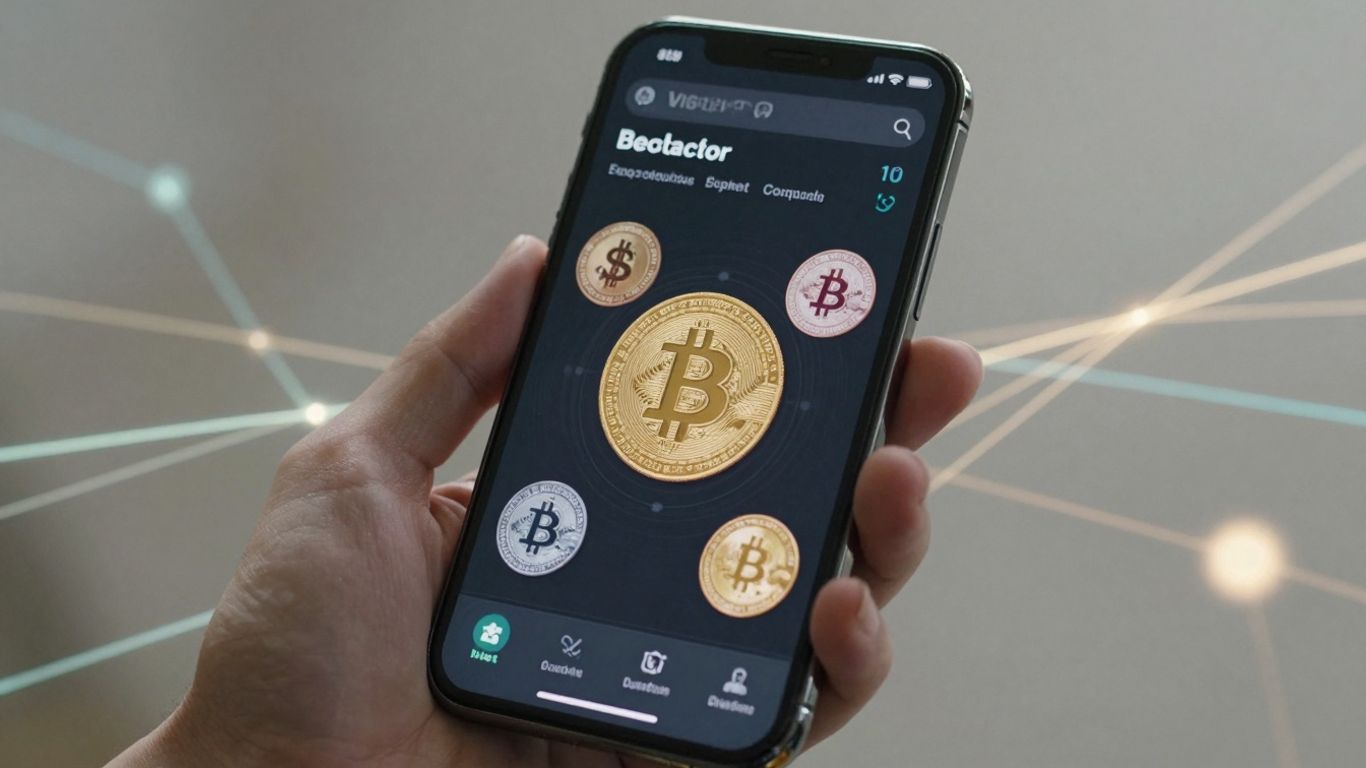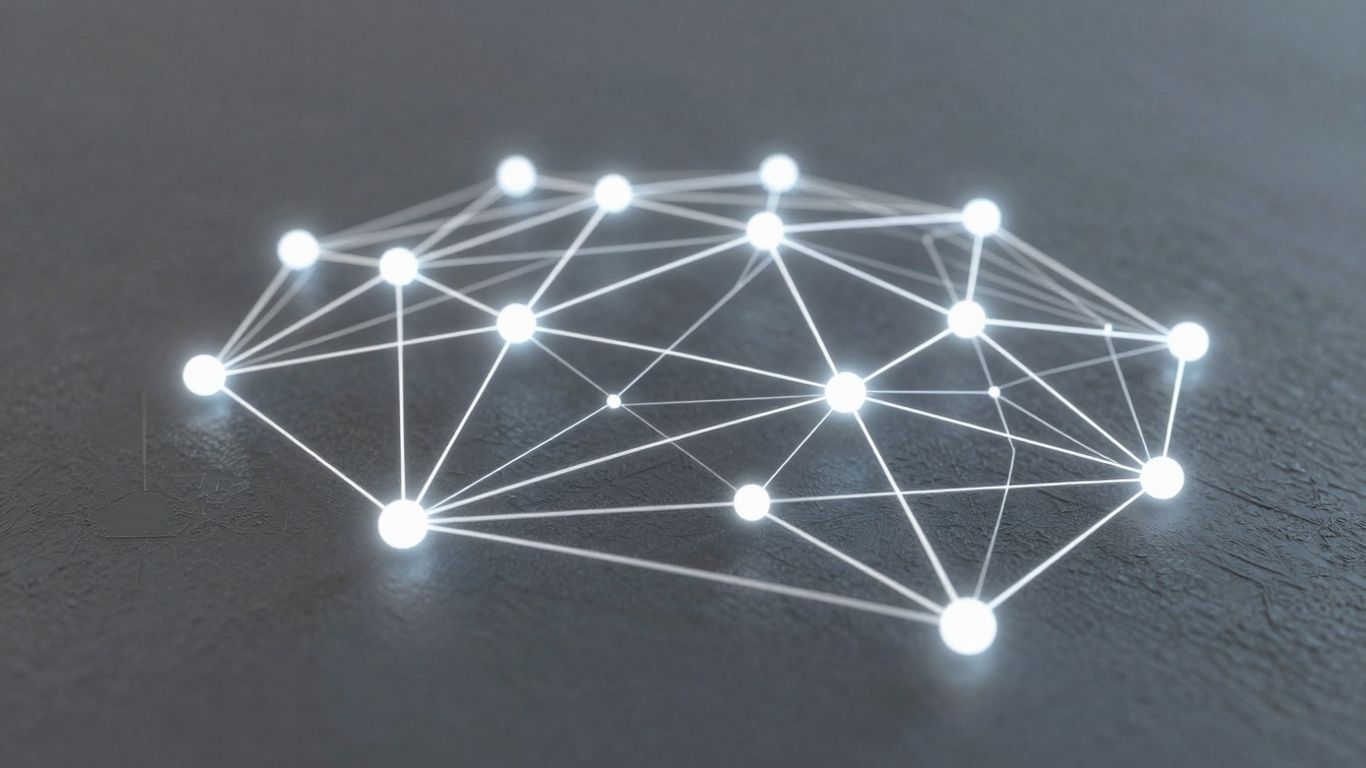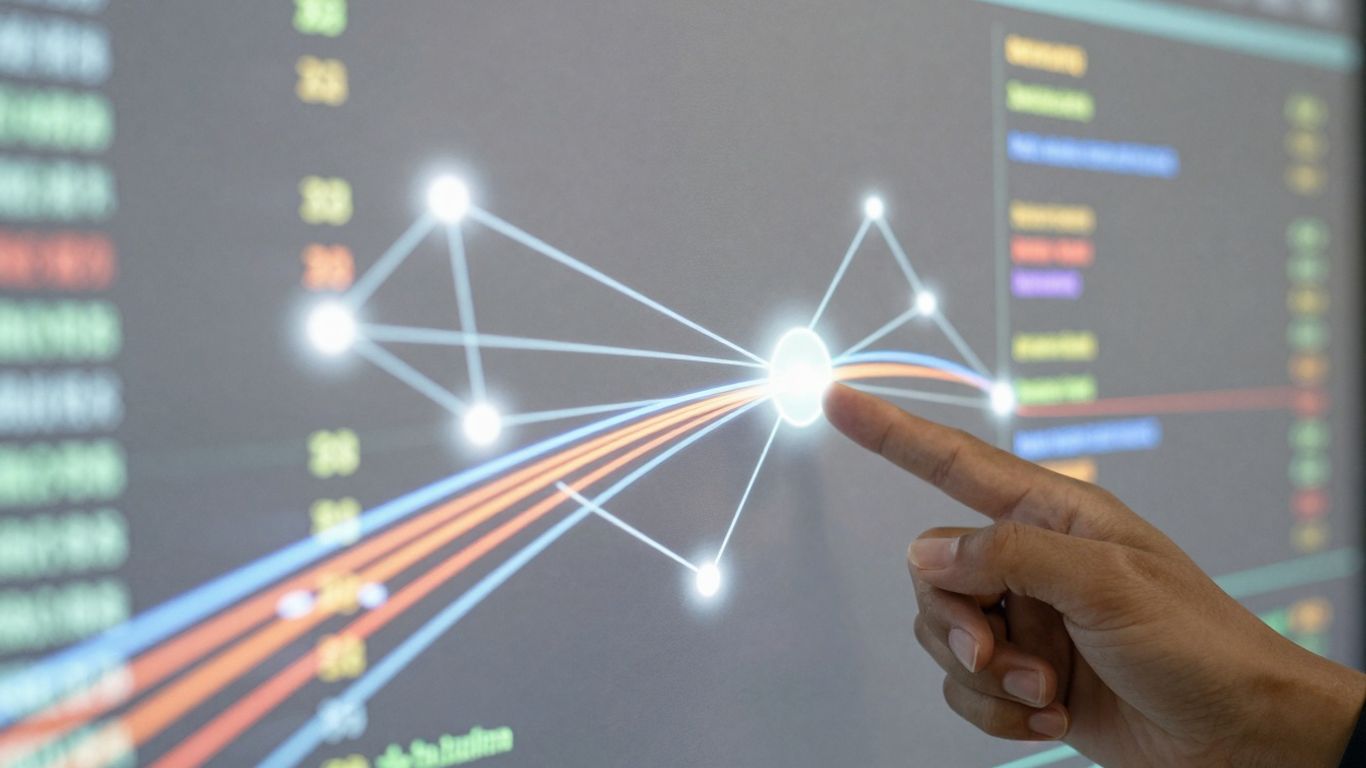[ newsletter ]
Stay ahead of Web3 threats—subscribe to our newsletter for the latest in blockchain security insights and updates.
Thank you! Your submission has been received!
Oops! Something went wrong. Please try again.
Explore how blockchain security automation enhances safety, efficiency, and cost-effectiveness in digital transactions.





Blockchain security automation is revolutionizing how we protect digital assets and transactions. By combining advanced technologies like artificial intelligence with blockchain, we can enhance security measures, reduce human error, and streamline processes. This article explores the key components of blockchain security automation, its impact, and the future trends shaping this exciting field.
Blockchain security is essential for protecting the data and transactions within a blockchain network. The main components include:
Despite its strengths, blockchain is not immune to threats. Some common risks include:
Artificial Intelligence (AI) plays a crucial role in improving blockchain security. It can:
Blockchain technology is secure and time stamped, which helps reduce fraud, increase transparency, and prevent monetary losses.
In summary, understanding blockchain security automation involves recognizing its key components, the threats it faces, and the role of AI in enhancing its security. This knowledge is vital for anyone looking to navigate the blockchain landscape effectively.
Automation in blockchain security significantly reduces the chances of human error. By relying on automated systems, organizations can ensure that security protocols are followed consistently. This leads to fewer mistakes that could expose vulnerabilities. Here are some key benefits of automation:
The speed of automated security measures is a game changer. With automation, security checks can be completed in a fraction of the time it would take manually. For example, traditional audits can take weeks, while automated audits can be done in hours. This efficiency allows organizations to respond to threats more quickly, minimizing potential damage.
Implementing automated security solutions can lead to significant cost savings. By reducing the need for extensive manual labor, organizations can allocate resources more effectively. Here are some cost benefits:
Automation in blockchain security not only enhances protection but also builds user confidence in digital transactions. By ensuring that security measures are consistently applied, organizations can foster trust among their users.
In conclusion, the impact of automation on blockchain security is profound. It eliminates human error, increases speed and efficiency, and offers cost savings, making it a vital component of modern security strategies.

AI technology is transforming how we monitor and secure blockchain systems. AI-powered monitoring tools can analyze vast amounts of data in real-time, identifying potential threats before they escalate. These tools can detect:
With AI, assessing the risk associated with wallet addresses has become instantaneous. AI systems can evaluate:
AI can also predict future threats by analyzing data patterns. This capability allows organizations to:
The Veritas protocol's AI-driven approach shows promise in making blockchain security more accessible while maintaining high standards of protection.
In summary, AI-powered solutions are not just enhancing security; they are revolutionizing how we approach blockchain safety, making it faster, more efficient, and cost-effective.
Smart contracts are like digital agreements that run on the blockchain. They automatically execute when certain conditions are met. However, they can have serious security issues. Here are some common challenges:
To keep smart contracts safe, automated audits are essential. These audits use technology to check for problems without needing a lot of human effort. Here’s how they work:
An AI debugger is a powerful tool that helps improve smart contract security. It works by:
By using AI and automation, we can make smart contracts much safer. This technology helps developers catch problems early and protect users from potential threats. AI enhances blockchain security by improving threat management through real-time detection and automated responses.
Decentralization is a key feature of blockchain technology. It means that no single person or group controls the entire network. This reduces the risk of attacks and makes the system more secure. Here are some benefits of decentralization:
Consensus mechanisms are the rules that help all the nodes in a blockchain agree on the state of the network. Some common types include:
Each of these methods has its own strengths and weaknesses, affecting the overall security of the blockchain.
While decentralization is important, it can also create challenges. For example, too much decentralization can lead to slower transaction speeds. Therefore, it’s crucial to find a balance between decentralization and security. Here are some strategies:
In summary, decentralization plays a vital role in enhancing blockchain security. By spreading control across many nodes, the system becomes more resilient against attacks and fraud. However, it is essential to balance decentralization with efficiency to ensure the network operates smoothly.

The future of blockchain security is bright, especially with the integration of AI. This combination will help in identifying threats faster and more accurately. AI can analyze vast amounts of data, making it easier to spot unusual activities that could indicate a security breach. This means that blockchain systems will become more resilient against attacks.
As blockchain technology spreads globally, it faces various regulatory challenges. Different countries have different rules, and keeping up with these can be tough. Companies will need to adapt their security measures to comply with local laws while still protecting their systems effectively. This will require a balance between innovation and compliance.
With the rise of multiple blockchain networks, cross-chain security protocols are becoming essential. These protocols will allow different blockchains to communicate securely, sharing information without compromising security. This innovation will enhance the overall security of the blockchain ecosystem, making it safer for users and investors.
The future of blockchain security is not just about technology; it's about creating a safe environment for everyone involved.
In summary, the future of blockchain security automation will focus on:
These trends will shape a more secure and efficient blockchain landscape, ensuring that users can trust the systems they engage with.
In summary, the rise of blockchain security automation is truly a game changer. By using smart technology, we can make transactions safer and faster without needing middlemen. This not only helps businesses but also builds trust among users. As we continue to explore new ways to use blockchain, like in voting and transportation, the need for strong security becomes even more important. With AI stepping in to help, we can spot problems before they happen, making our systems even more reliable. Overall, the future looks bright for blockchain technology, and with better security, we can unlock its full potential for everyone.
Blockchain security automation is the use of technology to protect blockchain networks without needing a lot of human help. It helps keep data safe and makes sure everything runs smoothly.
AI helps by quickly spotting problems or threats in blockchain systems. It can analyze a lot of data fast and find unusual activities that might mean something is wrong.
Some common threats include hacking attempts, problems with smart contracts, and attacks that try to take control of the network. These can lead to lost money or data.
Automation is important because it reduces human mistakes, speeds up security checks, and can save money. This means that blockchain systems can stay safer and work better.
Smart contracts are like digital agreements that run automatically. They need to be secure because if there are mistakes in their code, it can lead to big problems.
The future looks bright! We can expect more use of AI, better rules from governments, and new ways to keep blockchain systems safe across different platforms.


